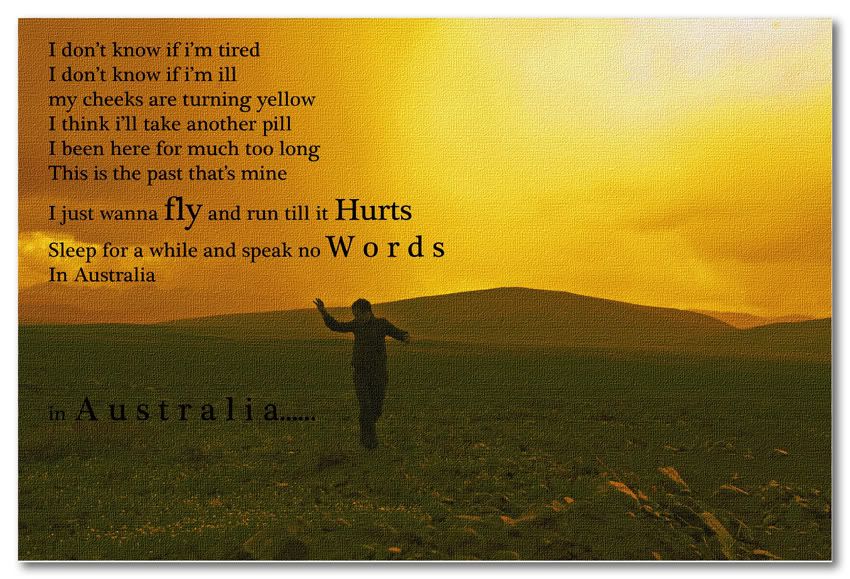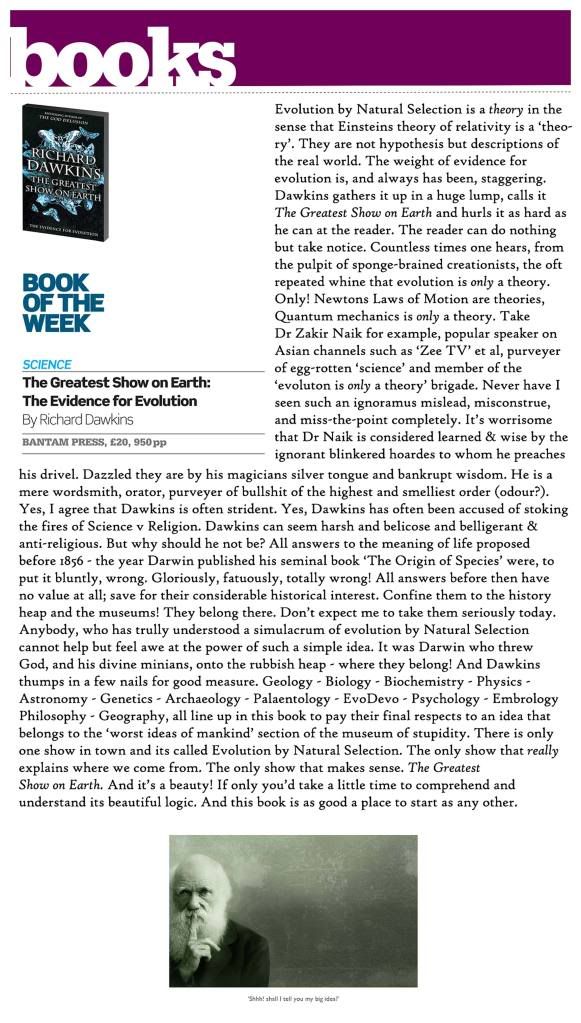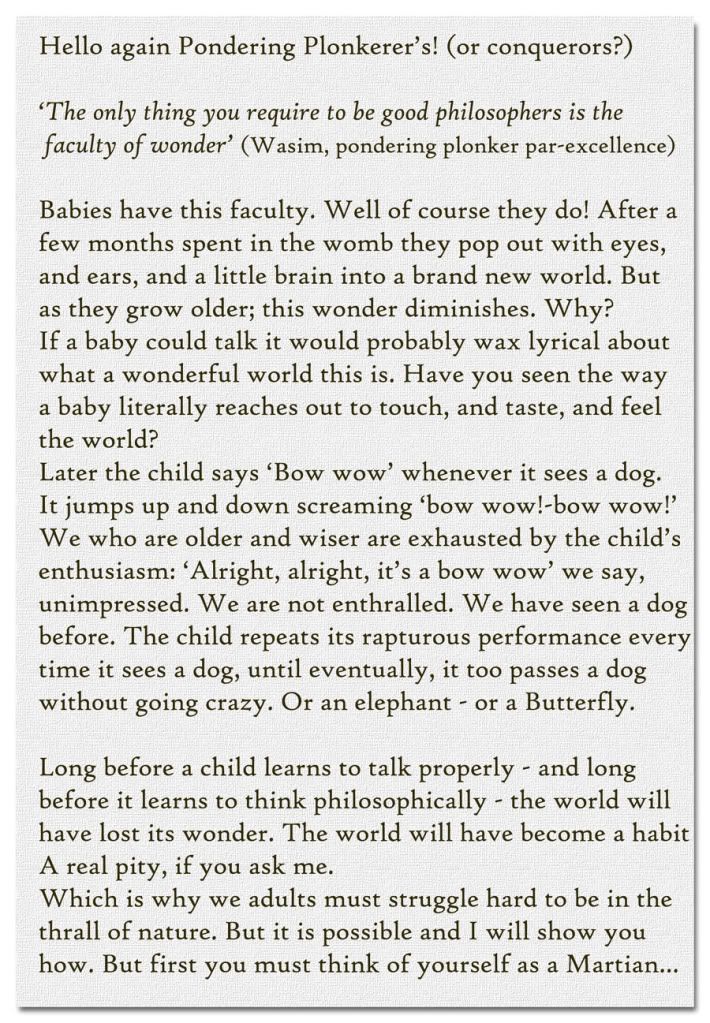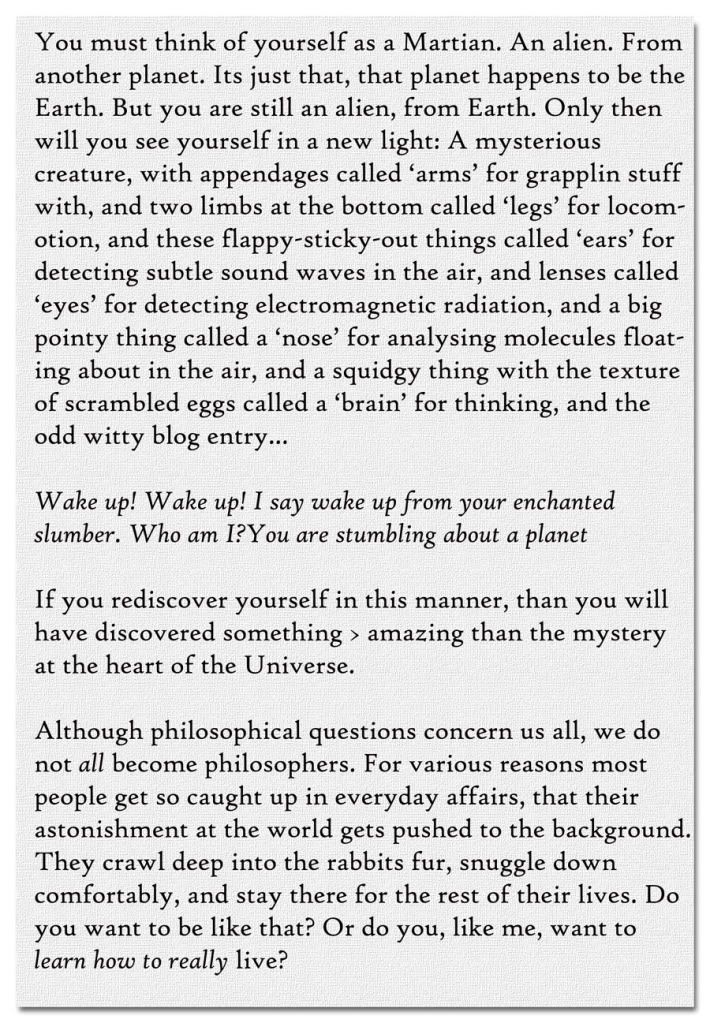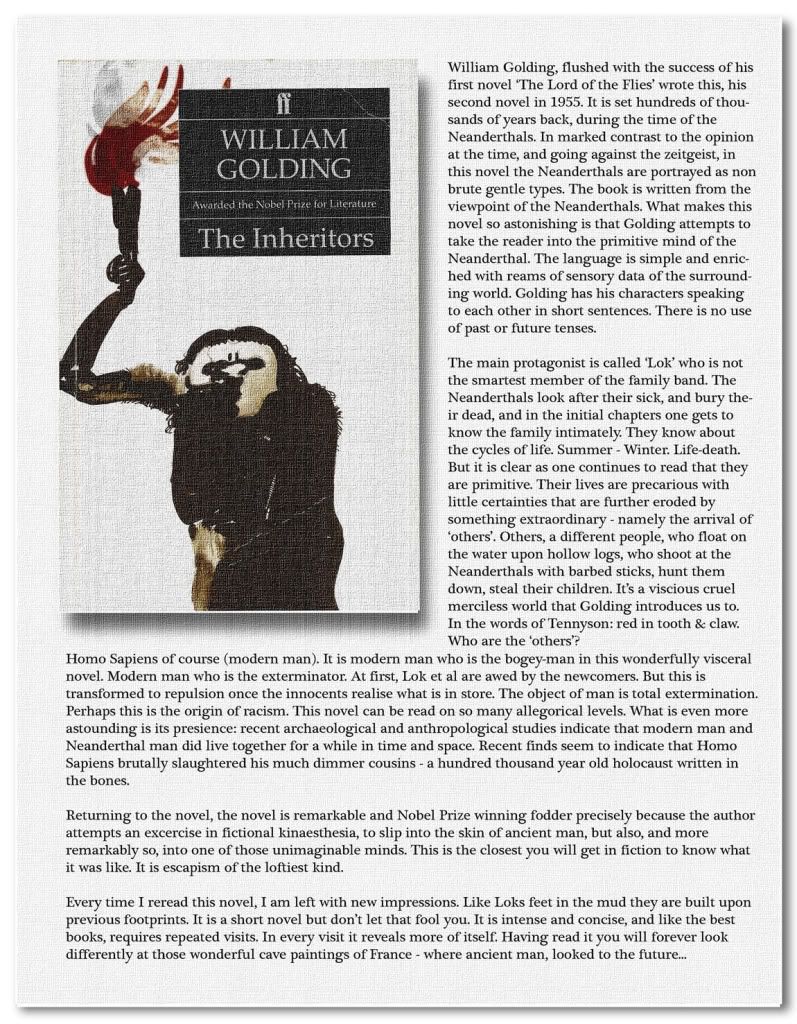
Sunday, September 20, 2009
Currently watching...Uzak ('Distant')
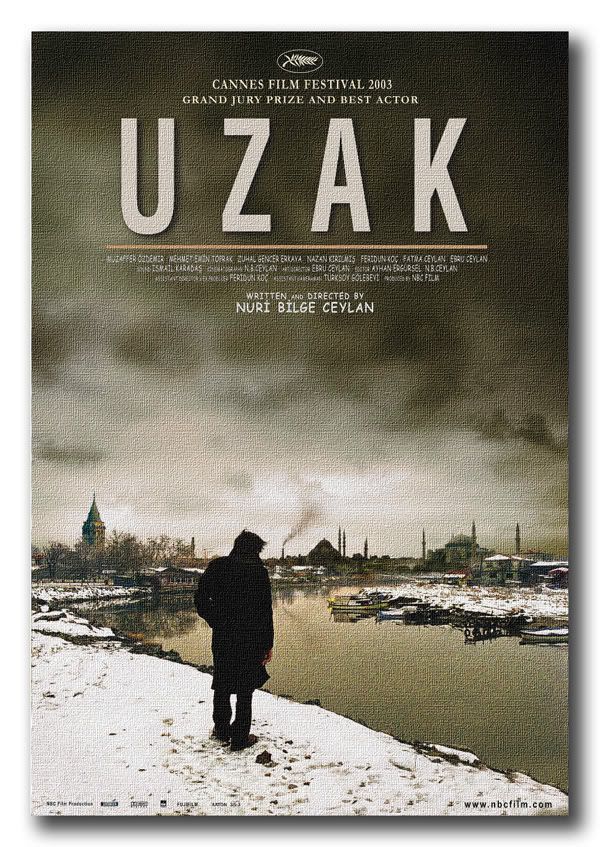
So what is it about? Mahmut (Muzaffer Özdemir) has made a success of his life as a photographer living in an apartment in Istanbul, which he has furnished with a middle-aged bachelor's fastidiousness. Professionally bored and disillusioned, he is conducting a deeply unsatisfactory affair with a married woman and has been forced to confront the reality of his life choices with the news that his ex-wife is leaving for Canada with her new partner. Mahmut's walls are crammed with books and CDs, but he is hardly ever shown reading or listening to music, he mostly just watches TV, while glumly screening out calls from his family on the answering machine. There are long scenes in which Mahmut just, well, watches TV.
His life is disturbed by the deeply unwelcome arrival of Yusuf (Mehmet Emin Toprak), a dopey country-bumpkin of a cousin from the same village that he has left behind. Mahmut has promised his mother that he will let Yusuf stay in his pristine modern flat while he looks for work in the big city. It isn't long before Yusuf is getting on his nerves in a very big way, failing to find work, showing every indication of getting comfortable and permeating the carpet with cigarette smoke and fag ash. The realisation that Yusuf is the nearest thing Mahmut will now ever get to human companionship in the evening of his life is appallingly sad and funny.
Poor Yusuf is lonely too: though naturally communicating this to his prickly and disapproving host is out of the question. There are long scenes in which he does nothing but slope around Istanbul in the biting cold. Ceylan found a day to shoot in which the city is made breathtakingly, serendipitously beautiful in the snow, though forbidding and alienating at the same time.
There are sublimely funny moments. Mahmut watches an arty movie on late-night TV, longing for Yusuf to go to bed, so that he can watch porn instead. But, when Yusuf bumbles back into the front room, he must scramble to switch the filth off and get Tarkovsky back on. When a mouse is caught by one of the sticky strips that houseproud Mahmut has laid out, it is Yusuf who, with a residual sense of decency and a heartbreaking empathy with the poor twitching animal, takes it outside in a plastic bag and tries to despatch it humanely by bashing it against a wall, while Mahmut impassively looks on.
The cleverest sequence comes when Mahmut frostily asks if Yusuf has seen a silver pocket-watch that has gone missing. Yusuf is not so stupid that he does not understand the implied accusation and shrilly asks if Mahmut has not just misplaced it. A close-up then tells us that this is indeed the case, but Mahmut will not admit it to Yusuf: his loneliness, his inability to articulate an apology and his tacit, internal admission of defeated pride are disclosed to us in one effortlessly simple take.
Ceylan has superb compositions with a deep focus of beautifully realised, crystalline detail, particularly his opening, painterly shot of a wintry country landscape through which Yusuf is distantly trudging, as distant as a bird, until his great pudding face looms up, filling our field of vision. The movie is a series of these unhurried sequences, timed and managed to perfection. Uzak is about the distances that open up between us locked away in pride. It is about the past, the present and an unattainable future. Highly recommended *****
Saturday, September 19, 2009
Sunday, September 13, 2009
Danakil!
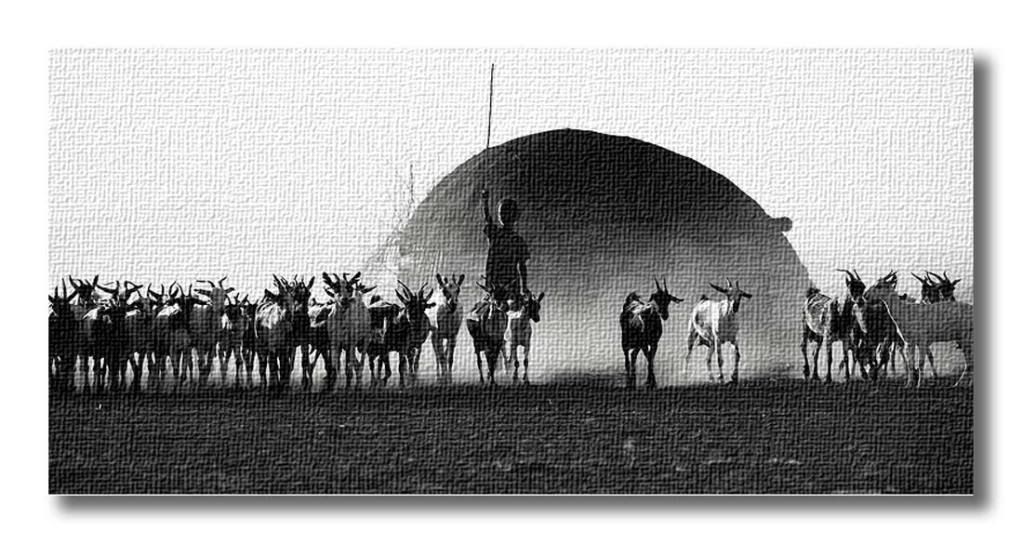
Confused? Perplexed? Wanna know what it's all about?
I proudly, and with infinite cheer, present to you Professor Richard Dawkins! (cheers! clapping! whooping!)
Best bit : 3mins 36 secs into the video - 'Aren't you?' - classic!
Newsnight Review Special (originally broadcast on 11th Sept, 2009)
Enjoy!
